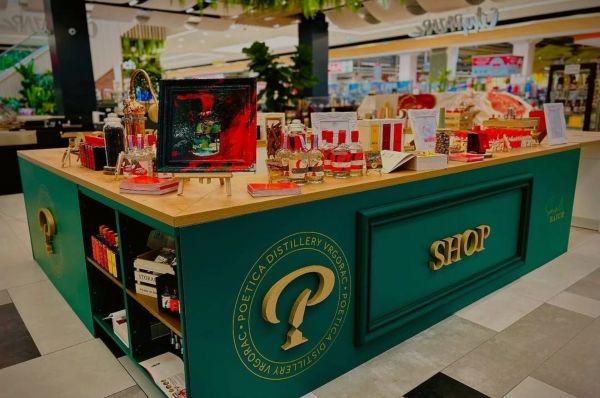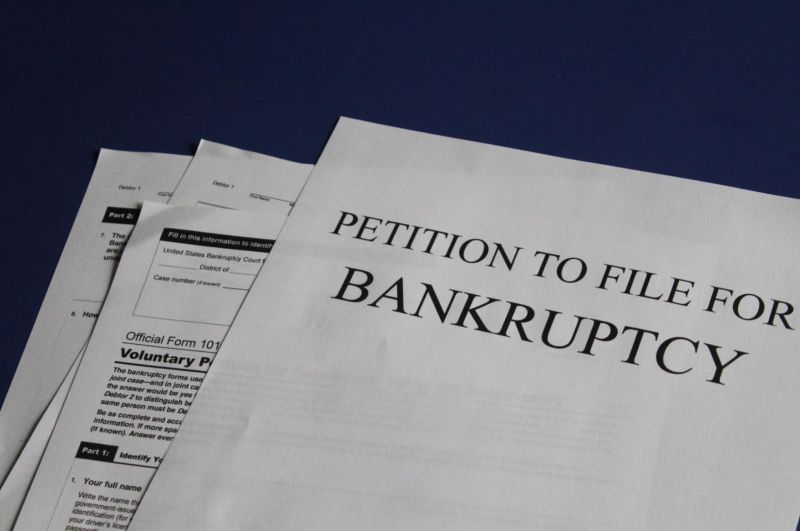
27/02/2023 The Number of Hospitality venues going bust soars in the past year.
That the hospitality sector has been dealing with one of the toughest periods in living memory, with increasing numbers of bars, restaurants, and pubs going to the wall is the undisputed, gloomy reality for many.
The number of restaurants going into administration hit a ten-year high in 2022 according to accountancy firm Price Bailey.
[[relatedPurchasesItems-38]]
But the sheer number of insolvencies last year makes for sobering reading. According to chartered accountants UHY Hacker Young, the number of pubs and bar companies collapsing into administration last year rocketed by 83%, from 280 in 2021 to 512 in 2022, as rail strikes and the cost-of-living crisis hit home. Combined with the increasing costs of supplies and energy prices, pub companies’ budgets have been hammered throughout the winter months as the government withdrew support for businesses’ energy bills.
Customers' habits have also been impacted by the cost of living crisis, with soaring interest rates forcing them to tighten their belts further and making them less likely to want to fork out on non-essentials such as a drink or a meal at a pub. Throw unpredictable rail strikes into the mix, and you have the making of a perfect storm. According to Peter Kubik, UHY Hacker Young's head of turnaround and recovery, it is “deeply concerning” that so many pubs and bars are being forced to close. “In addition to the financial consequences for owners and employees the loss of a pub can be felt quite keenly by the community.”
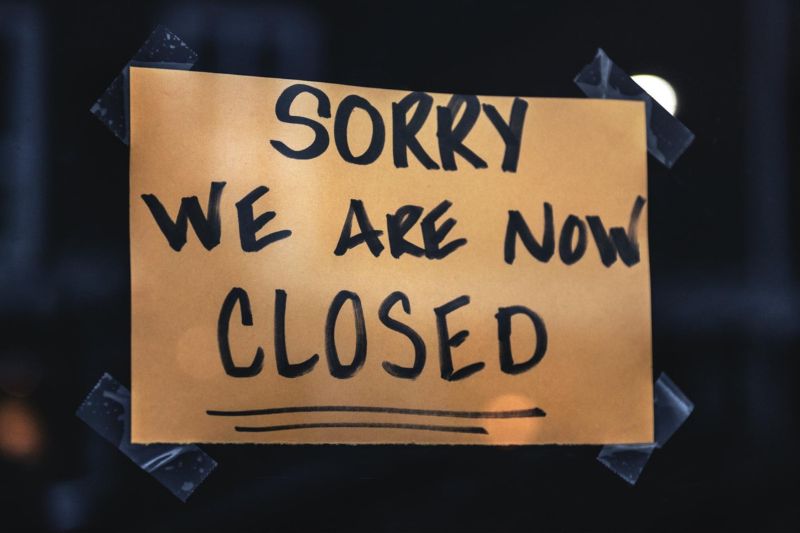
The cost of living crisis has come as the final straw for many hospitality businesses, said UHY Hacker’s Peter Kubik.
“This is a particularly difficult period for pub and bar owners, who find they need to spend more and more while earning less and less. Following an extended period of lost revenues during the pandemic, the cost of living crisis has been the final nail in the coffin for many.”
He suggested that the government should reconsider what it can do to help alleviate the pressure on the sector, such as extending the energy bill relief scheme.
But it's not just pubs and bars that are struggling; the number of restaurant businesses going bust has also soared in the past year, up by 65% in the past 12 months to the highest level in more than a decade, new figures have revealed. Some 1,800 British restaurants become insolvent in 2022, up from 1,139 the previous year according to data obtained by accountancy firm Price Bailey. An average of 5.2 restaurant businesses are going to the wall by the day, it claims, up from 3.1 per day in 2021, many comprising multiple restaurants.
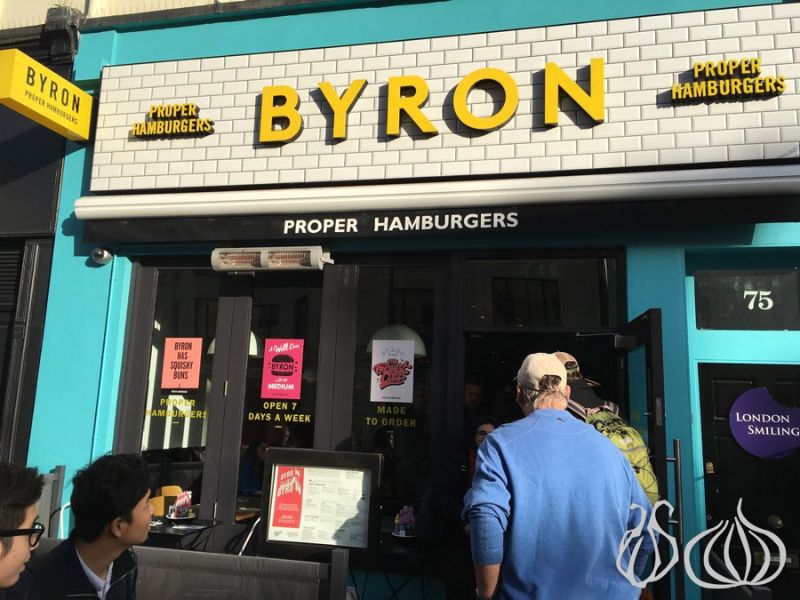
Byron Burger is just one of the casual dining chains to fall victim to the “perfect storm” of trading conditions affecting the sector
The firm describes the restaurant sector as facing the “perfect storm”, the very same conditions which have seen so many pubs go to the wall. And it is the mid-range casual dining sector that has been particularly hard hit, resulting in an increasing number of well-known chains being forced into insolvency in the past year, including Byron Burger which recently went into administration for the second time, closing nine sites with the loss of 200 jobs.
Many high streets have become oversaturated with chains competing for an ever-dwindling number of customers, points out Price Bailey’s head of insolvency Matt Howard, exacerbating the situation.
“Restaurants are facing bracing economic headwinds, and are struggling with rising wage and food costs. Many are finding it difficult to pass those costs onto diners who are feeling the squeeze from rising energy and food bills.”
“With margins still being squeezed we will continue to see the less viable businesses and sites in the sector under threat of closure,” he continued. “Restaurants are capital-intensive businesses. Many are perpetually walking a balance sheet tightrope and it often only takes a few months of poor takings to send them over the edge. The impact of rail strikes over the key festive trading period is likely to push many city-center restaurants into insolvency in the coming months.
And he has few words of comfort for operators predicting that the situation is likely to worsen before it improves, as food inflation remains high and interest rates place further pressure on an already highly leveraged sector.
Not only that but restaurants are being faced with ever-greater competition from home delivery outfits, with brands such as Deliveroo and Just Eat enabling customers to eat in the comfort of their own homes rather than splashing out on eating out. And this trend is likely to gain momentum, claims Howard, with home delivery services taking an increasingly large share as household disposable income is squeezed further.
“The cost of acquiring leases and outfitting restaurants can run into the millions per site in prime city-center locations,” he pointed out. “You need a sustainable customer base to absorb that risk. Many restaurant businesses are highly geared making them vulnerable to rising interest rates.”
And following in the wake of the pandemic, many venues have very little in the way of savings or capacity to borrow more. For some pub company owners, the current economic downturn has been the final straw that has forced them over the edge and tipped them into insolvency.
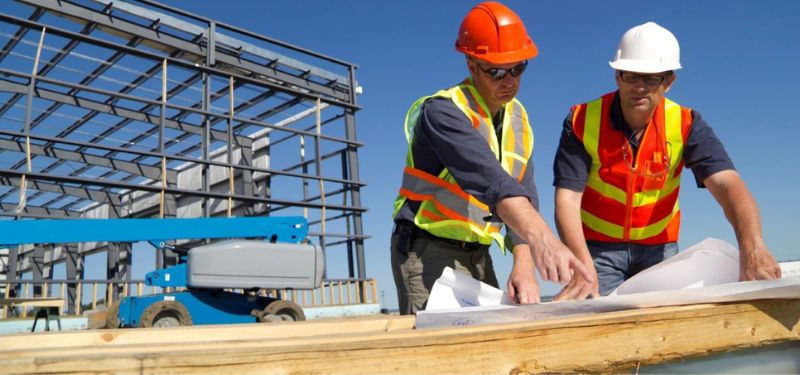
The construction sector was one of the hardest hit by the economic headwinds, resulting in many businesses going into administration
The food and drink industry accounted for 6% of administrations in 2022, the sixth highest sector in the UK, according to an analysis by law firm Shakespeare Martineau. A total of 1,340 businesses – 87 of which were from the food and drink sector, including several breweries and restaurant chains, filed for administration last year, marking a 56% increase compared to 2021.
Construction, manufacturing, and retail were the sectors hardest hit, accounting for 39% of administrations. Greater London led the way with 20% of filings, followed by the South East and North West (16% of each), data from the Gazette Official Public Record has revealed.
While January was the quietest month (with 55 administrations), numbers jumped by 160 in November the highest level for 28 months – before dipping to 120, 93, and 104 in April, May, and June respectively. And while administrations are still yet to hit pre-Covid levels, (794 in 2019), recession fears and the financial pressure on households and businesses means the worst is still yet to come.

Andy Taylor of the law firm Shakespeare Martineau urges businesses to focus on their cash flow, and look to cut costs wherever possible
Andy Taylor, partner and head of restructuring at Shakespeare Martineau, said: “The latest statistics show that the true costs of living and doing business are beginning to bite.
“Numerous headwinds – such as the cost of borrowing, and increasing energy, fuel, and raw material costs – have become a new normal at this point and businesses are being pulled from every direction. Furthermore, while supportive in the main, pressure from lenders is increasing and HMRC is taking a firmer stance, seeking to cap levels of liability for non-payment of tax.
He urged businesses to focus on their cash flow and look to save costs wherever possible, while directors must continue to plan strategically for the ever-higher costs of doing business."
“For businesses to survive the longer term, they will need to act now to address underlying issues,” he continued. “ I cannot overstate how important it is to get to grips with matters at the earliest possible juncture and to take the appropriate professional advice if needed. Taking a proactive approach will provide options and help to keep businesses afloat.
“If things continue as they are, we expect to see an increase in business failures as they battle tough trading conditions. However, resilient businesses with a strong balance sheet and with the right planning and oversight in place may well find opportunities for growth as we head further into 2023.”
|
|
|||
|
|
|
||
|
|
|
|
|
|
|
|
|
|
|
|
|
|
|
|
|
|
|
|
|
|
|
|
|
|
|
|
|
|
|
|
|
|
|
|
|
|
|
|
|
|
|
|
|
|
|
|
|
|
|
|
|
|
|
|
|
|
|
|
|
|
|
|
|
|
|
|
|
|
|
|
|
|
|
|
|
|
|
|
|
|
|
|
|
|
|
|
|
|
|
|
|
|
|
|
|
|
|
|
|
|
|
|
|
Source: Shakespeare Martineau
TAGS:
 The On Trade
The On Trade 








